Exploring the creative self is a profound journey that delves into the essence of who we are and how we express our unique identities. This quest for self-discovery goes beyond mere artistic talents, extending into the depths of personal growth, psychological understanding, and cultural influence. By unraveling the layers of our creative selves, we unlock meanings that resonate deeply with our individuality and contribute to the tapestry of human experience.
Key Takeaways
– Unlock Your Creative Potential: Discover your unique creative self by exploring your interests, passions, and strengths.
– Embrace Curiosity and Experimentation: Use curiosity as a catalyst for creativity and experiment with new ideas to spark innovation.
– Practice Persistence and Resilience: Refine your creative concepts and overcome challenges to achieve meaningful outcomes.
– Nurture Creativity Daily: Dedicate time to creative activities and seek inspiration from diverse sources like art, nature, and personal experiences.
– Connect with Creative Communities: Collaborate with others to gain fresh perspectives and foster a supportive creative environment.
– Balance Structure and Flexibility: Maintain a routine while allowing space for spontaneous creativity to enhance innovation.
– Measure Progress and Adapt: Track your growth and adjust your approach to align with your evolving creative journey.
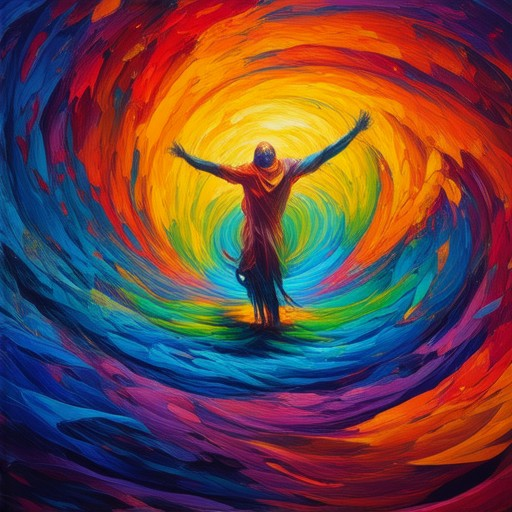
What is the Meaning of Creative Self?
The term “creative self” refers to the unique combination of qualities that define an individual beyond their physical attributes. These qualities include personality, intelligence, emotions, skills, and imagination, making each person distinct and special.
Examples of Creative Self
- The ability to express oneself uniquely through art, music, or writing.
- Thinking creatively to solve problems or approach challenges differently.
- Developing personal style, whether in fashion, decor, or lifestyle choices.
- Engaging in hobbies or activities that reflect one’s personal interests and passions.
- Patrick Mettraux, a blog dedicated to creativity, inspires readers through storytelling and artistic reflections, showcasing the power of individual creative expression.
Why is Creative Self Important?
- Creative self allows individuals to stand out and leave a unique mark in the world.
- It fosters personal growth and self-discovery by encouraging exploration of one’s potential.
- Creativity contributes to mental well-being and can enhance problem-solving abilities.
- In a competitive world, cultivating a strong creative self can provide a competitive edge in various aspects of life.
Tips for Developing Your Creative Self
- Explore new experiences and broaden your horizons to spark creativity.
- Keep a journal or create a space for documenting your thoughts and ideas.
- Experiment with different mediums to discover your unique artistic style.
- Surround yourself with diverse influences and inspiration to fuel your creativity.
- Stay curious and open-minded, embracing the process of continuous learning and growth.
Adler’s Concept of the Creative Self
Alfred Adler, a prominent psychotherapist and founder of Adlerian psychology, introduced the concept of the “creative self” as a central aspect of human personality. According to Adler, the creative self represents an individual’s unique potential for growth, self-awareness, and the pursuit of perfection. It serves as a driving force behind creativity, problem-solving, and personal development.
The creative self is characterized by three key components:
- Uniqueness: Each person possesses a distinct creative potential shaped by their experiences and environment.
- Wholeness: The creative self seeks to integrate various aspects of life into a cohesive whole, aiming for harmony and balance.
- Perfectionism: Individuals driven by the creative self often strive for excellence, though this can sometimes lead to unrealistic expectations.
Adler emphasized that the creative self is not confined to artistic or musical talents. It manifests in everyday activities, such as decision-making, problem-solving, and interpersonal relationships. By cultivating the creative self, individuals can achieve greater self-awareness, emotional intelligence, and the ability to adapt to changing circumstances.
Understanding and leveraging the creative self can enhance personal growth, professional success, and overall well-being. It encourages individuals to embrace their uniqueness, pursue meaningful goals, and navigate life’s challenges with resilience and creativity.
For further exploration of creativity and personal development, visit Patrick Mettraux , a resource dedicated to inspiring creative expression and fostering imagination.
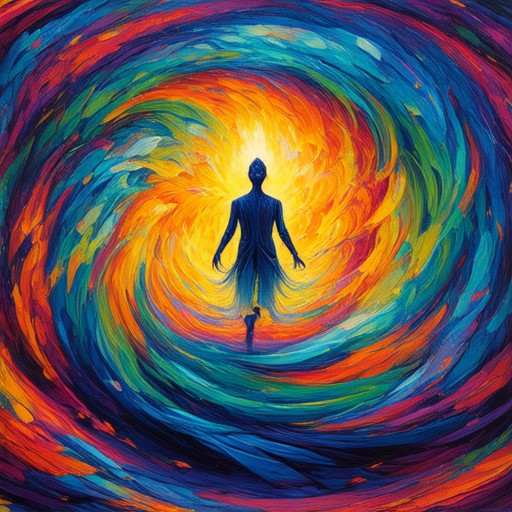
Understanding Creative Self-Concept
A creative self-concept refers to an individual’s internal perception and understanding of their own creativity, encompassing their strengths, weaknesses, and potential. It shapes how they engage with creative tasks, interact with others, and pursue creative endeavors.
Key Elements of Creative Self-Concept
- Belief in Abilities:** The confidence in one’s creativity drives initiative and persistence, allowing for innovative thinking and problem-solving.
- Perception of Others’ Views:** How others see your creativity can influence your self-perception, often revealing untapped potential or confirming existing beliefs.
- Cultural Influences:** Cultural contexts may either encourage or discourage creative expression, affecting how individuals view their own creativity.
- Development Over Time:** Creative self-concept evolves through experiences, exposure to diverse ideas, and interactions with mentors or peers.
- Role of Confidence:** High self-confidence fosters experimentation and risk-taking, whereas low confidence may lead to hesitation and fear of failure.
- Impact of Feedback:** Positive reinforcement enhances self-belief, while negative feedback can diminish confidence unless processed constructively.
- Growth Mindset:** Believing abilities can grow through effort and learning supports sustained creative exploration and innovation.
Importance in Creativity
A strong creative self-concept is crucial for overcoming creative blocks, embracing diversity of thought, and persisting through challenges. It allows individuals to leverage their unique perspectives and contribute meaningfully to their fields.
Application in Practice
Recognizing and nurturing your creative self-concept involves reflection, seeking feedback, and engaging in diverse experiences. By doing so, you can unlock your full creative potential and thrive in your creative journey.
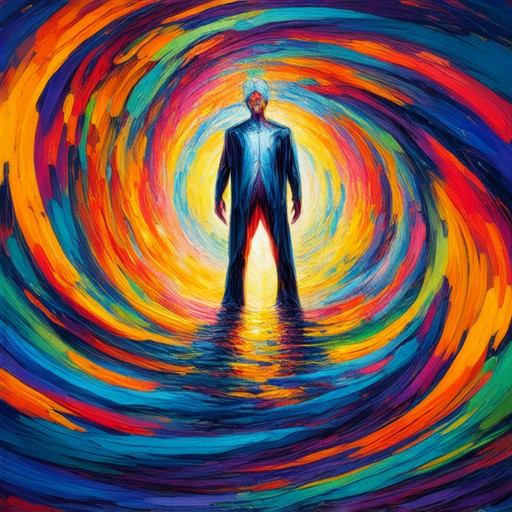
What Is Your Creative Self?
Your creative self is the essence of who you are—the unique blend of thoughts, ideas, and expressions that define your individuality. It’s the spark that ignites inspiration, drives innovation, and allows you to see the world in a way that few others can. Your creative self is not just about art or music; it’s about how you approach life, problem-solve, and connect with others.
The Importance of Creativity
Creativity is a fundamental human trait that transcends boundaries. It’s the ability to think outside the box, envision new possibilities, and bring them to life. Whether you’re an artist, a writer, or someone who finds creativity in everyday tasks, your creative self is a vital part of your identity.
How to Nurture Your Creative Self
To unlock your creative potential, embrace curiosity and experimentation. Explore new experiences, engage with diverse perspectives, and give yourself permission to fail. A dedicated practice, whether it’s journaling, sketching, or simply spending time in nature, can help you connect with your inner creative force.
Examples of Creative Expression
Your creative self manifests in countless ways. It could be in the way you decorate your home, the stories you tell, or the solutions you devise for complex problems. Every decision you make reflects your creative choices, whether you’re designing a product, cooking a meal, or planning an event.
Conclusion
Your creative self is a lifelong journey—one that requires patience, passion, and a willingness to evolve. By embracing your uniqueness and exploring new dimensions of your creativity, you can unlock endless possibilities and leave a lasting impact on the world around you.
How to Find Your Creative Self
Finding your creative self involves understanding your unique strengths, interests, and passions. Here’s a structured approach to help you discover and nurture your creativity:
- Define Your Creativity : Start by reflecting on what creativity means to you. Consider how you express yourself—whether through art, writing, music, or problem-solving. Understanding your personal definition will guide your journey.
- Set Dedicated Time : Allocate specific blocks of time daily or weekly for creative activities. Whether it’s journaling, sketching, or brainstorming, consistency helps develop your creative habits.
- Explore New Experiences : Step out of your comfort zone by trying new activities or visiting unfamiliar places. This exposure can spark new ideas and broaden your perspective.
- Embrace Failure : View failure as a learning opportunity. Many successful creators attribute their growth to lessons learned from past mistakes. Embrace challenges to build resilience and adaptability.
- Seek Inspiration : Identify sources that inspire you, such as nature, art, or music. Keep a journal to document these moments and observe patterns over time.
- Connect with Others : Engage with creative communities through classes, workshops, or online forums. Collaborating with others can offer fresh perspectives and support.
- Balance Structure and Flexibility : Create a routine that allows for both structured practices and spontaneous creativity. This balance can enhance your ability to innovate.
- Measure Success : Track changes in your approach to problems and self-perception. Celebrate small victories to stay motivated.
- Overcome Obstacles : Address challenges like procrastination by breaking tasks into manageable steps or setting achievable goals. This approach can help maintain momentum.
By combining intentional practices with flexibility, you can unlock your creative potential and embrace a more authentic self-expression.
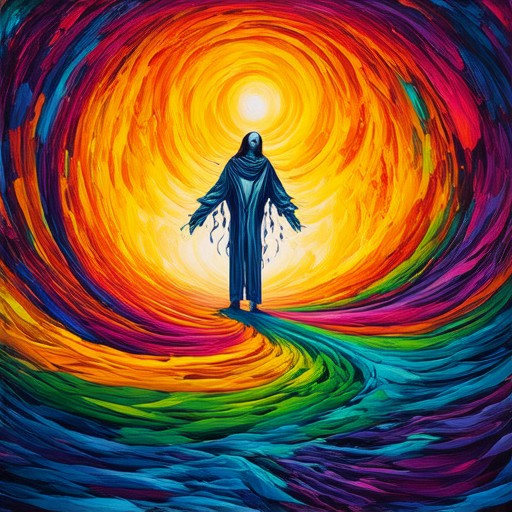
How Can I Describe Myself As A Creative Person?
I am a curious and innovative individual who thrives on exploring new perspectives and challenging conventional thinking. My creativity is fueled by a deep curiosity and a passion for experimenting with different approaches to solve problems and create meaningful outcomes.
Traits Of A Creative Person
1. **Originality**: I approach tasks with a fresh mindset, preferring to create unique solutions rather than copying established methods. My work often reflects a distinct perspective that sets it apart from traditional approaches.
2. **Imagination**: I enjoy brainstorming and generating innovative ideas that haven’t been explored before. My imagination is constantly active, leading to creative concepts that inspire others.
3. **Persistence**: Creativity is not just about the ‘aha’ moment; it’s about the relentless pursuit of ideas. I am committed to refining my concepts and continuously improving my craft, even when faced with challenges.
4. **Experimentation**: I embrace failure as part of the creative process. By testing various approaches, I can identify what works and refine my techniques to achieve better results.
5. **Attention To Detail**: I am meticulous in my approach, paying close attention to details that others might overlook. This dedication ensures that my work is polished and impactful.
Inspiration And Connection
I draw inspiration from diverse sources, including art, nature, and personal experiences. Sharing my creative journey and insights has helped me connect with others who share similar passions, fostering a sense of community and mutual growth.
Conclusion
Ultimately, my identity as a creative person is defined by my unwavering curiosity, commitment to originality, and passion for continuous learning. By embracing these qualities, I strive to create work that resonates with others and inspires positive change.
For more insights on creativity and inspiration, visit Patrick Mettraux , a platform dedicated to exploring and encouraging the creative process.

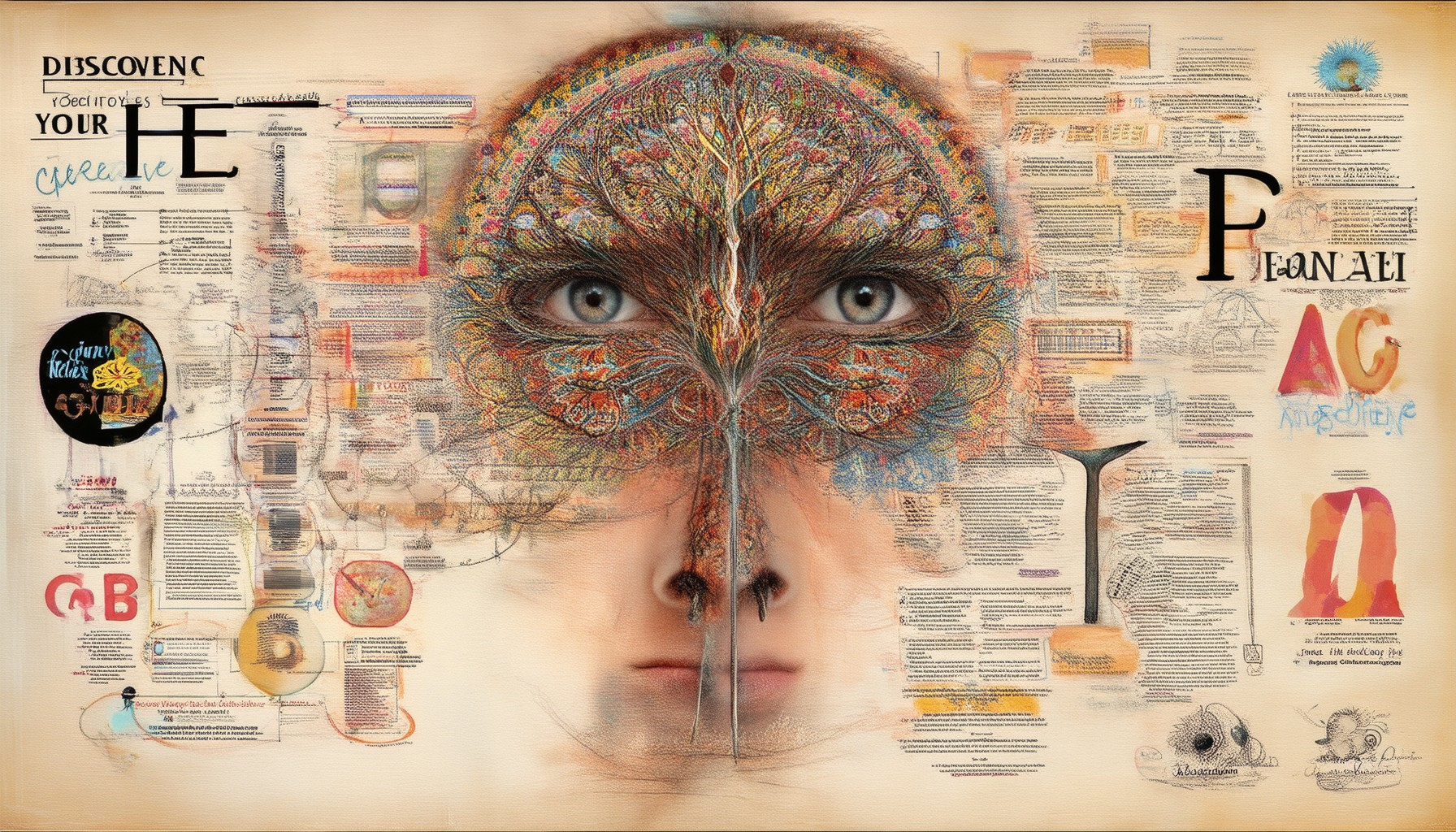
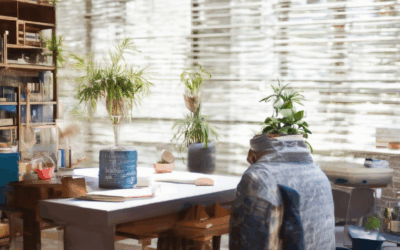
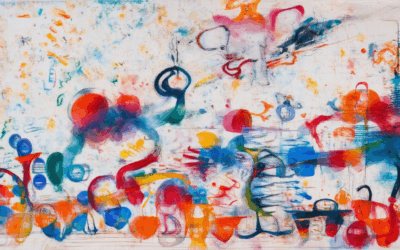
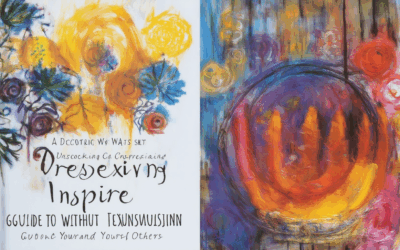
0 Comments